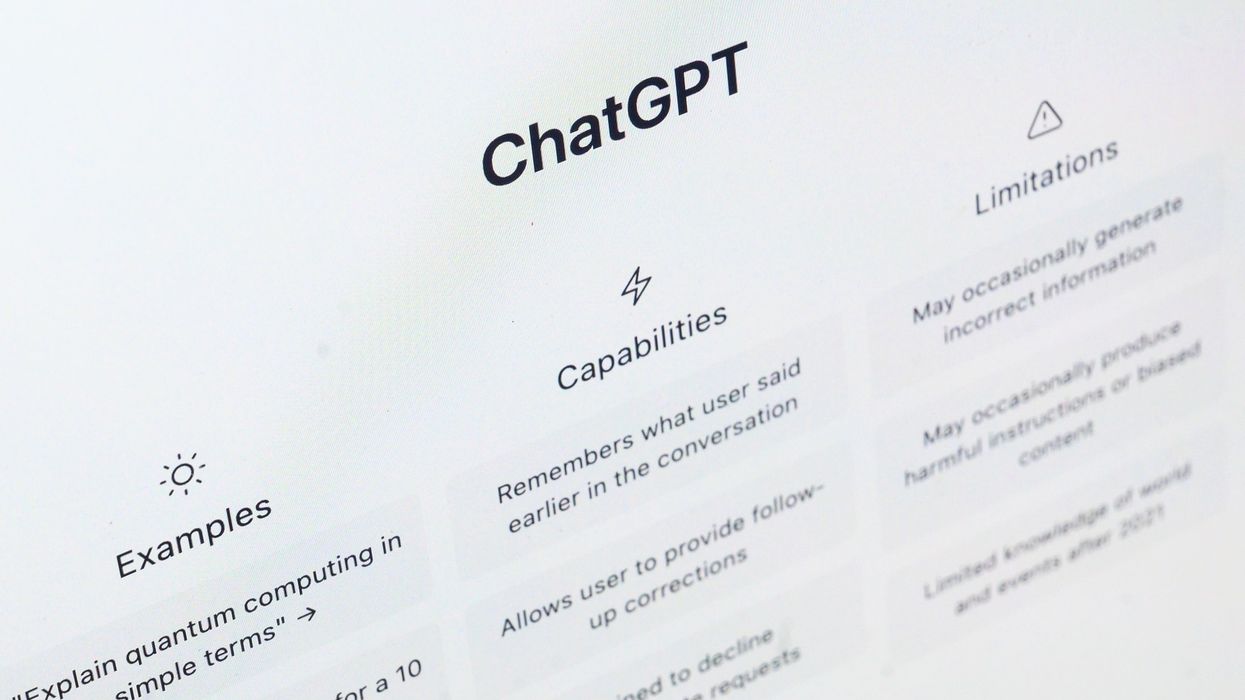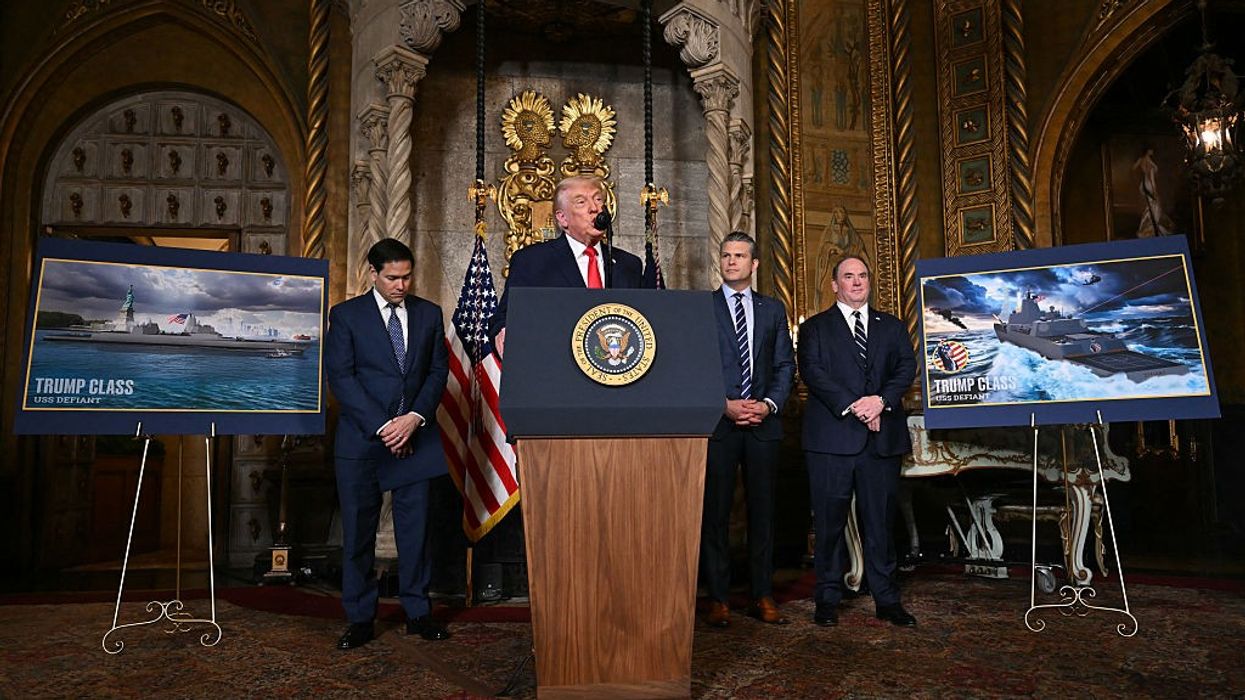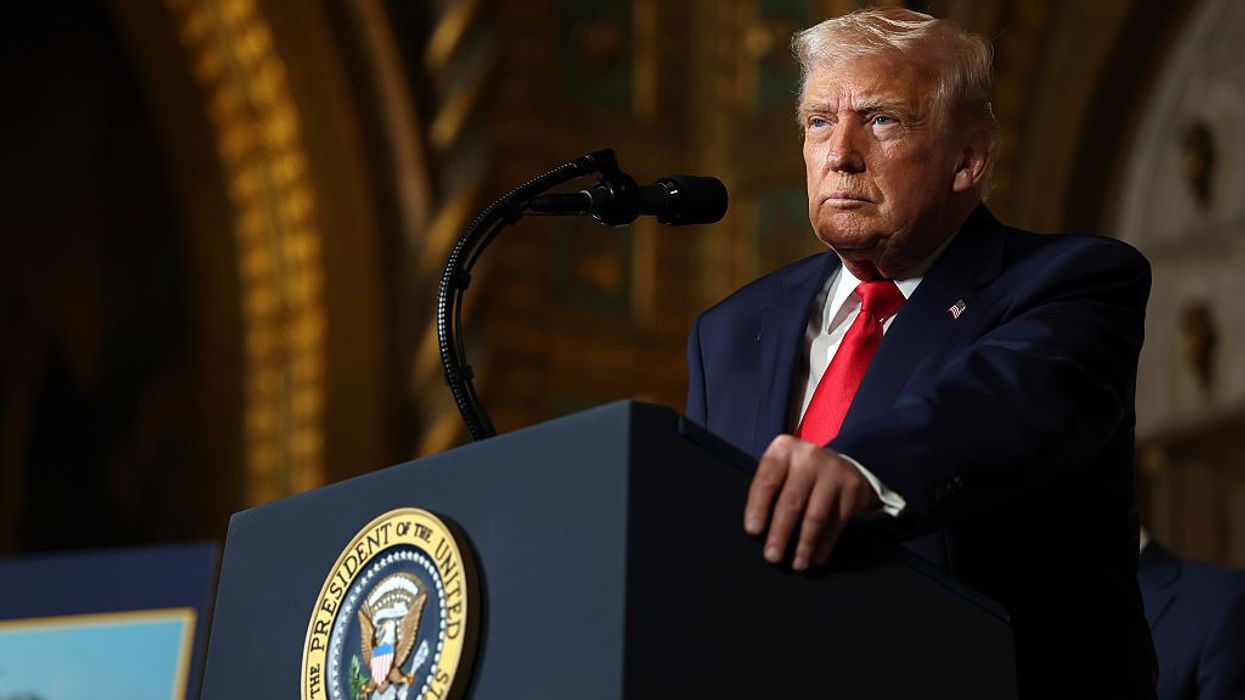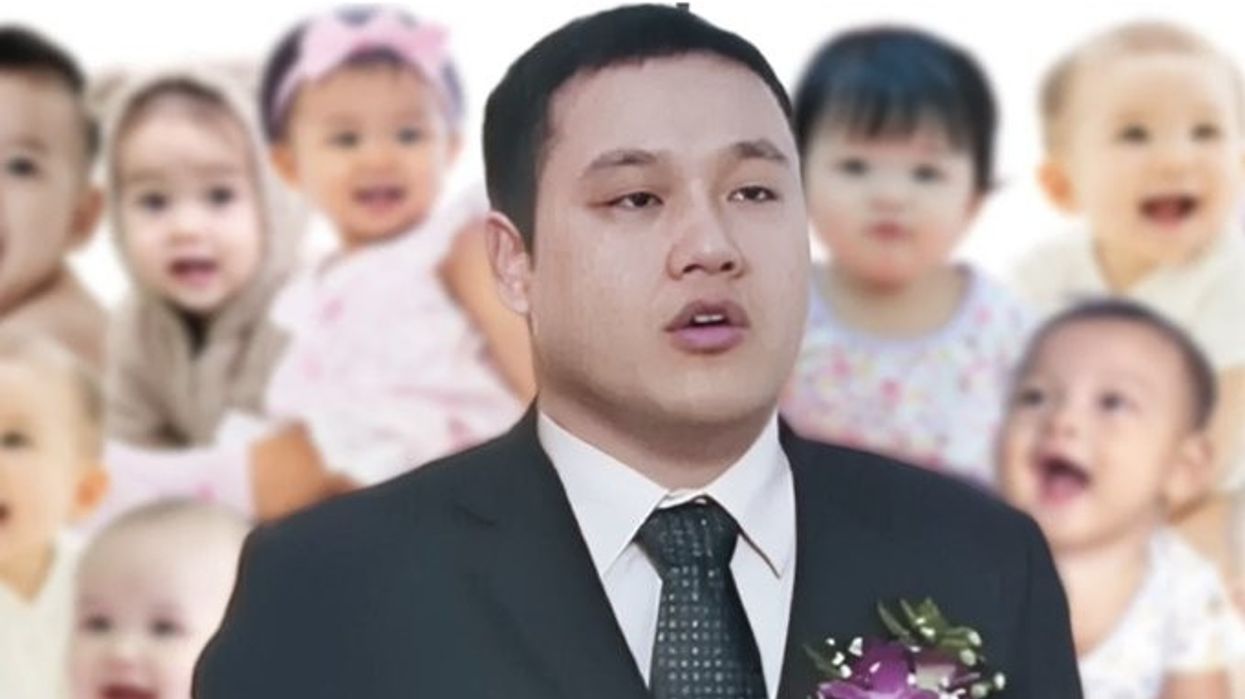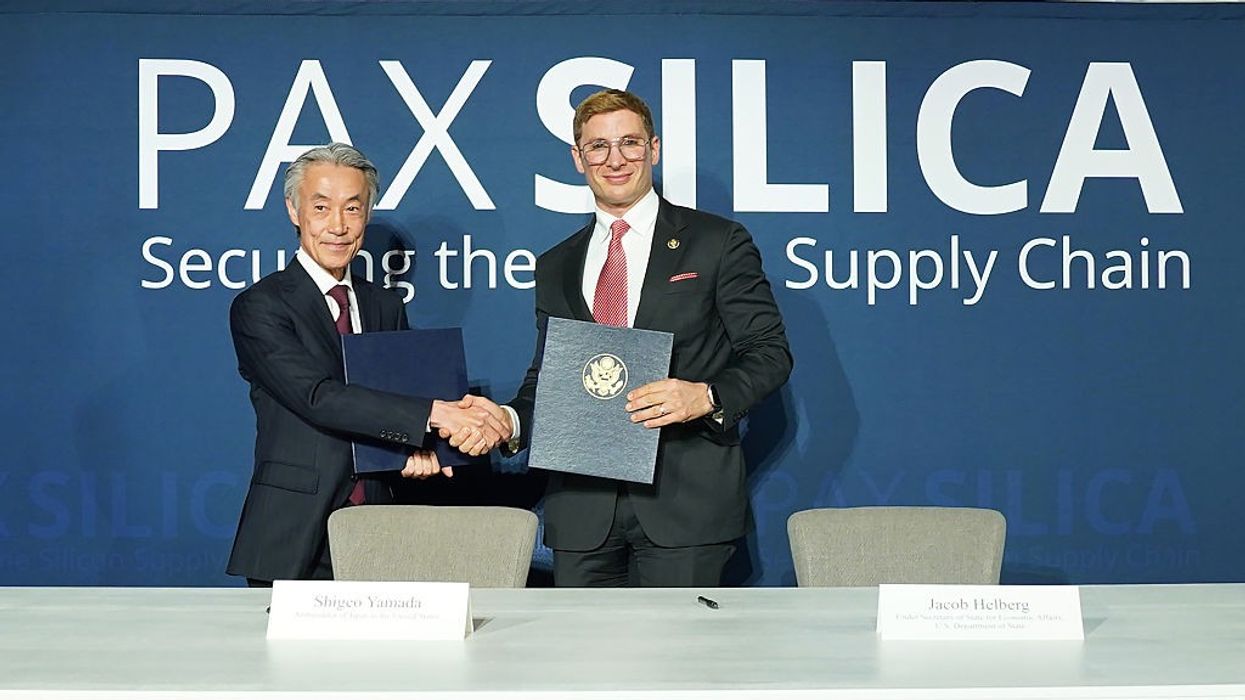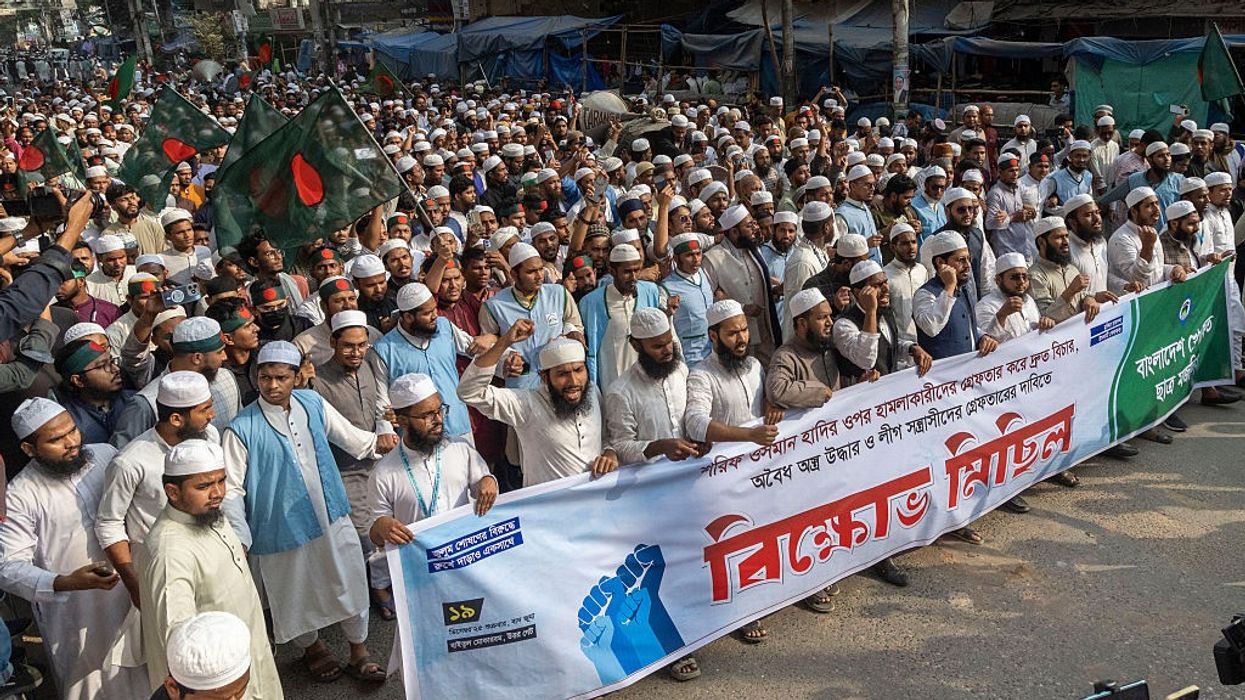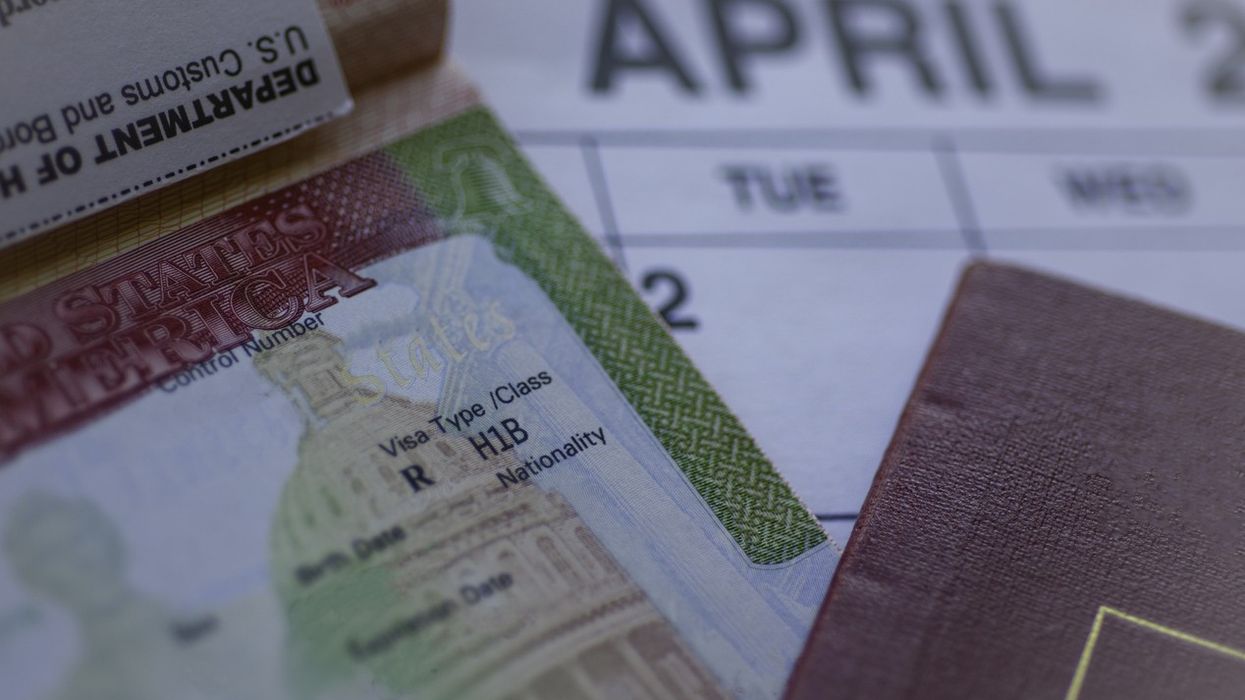PAKISTAN is the "epicentre" of terrorism and the cycle of violence in Jammu and Kashmir is being "orchestrated" from that country, Army Chief Gen Upendra Dwivedi said even as he described the overall situation in the union territory as "firmly" under control.
Gen Dwivedi, addressing a press conference on Monday (13) ahead of the Army Day on January 15, also said that the "theme" of terrorism to tourism is gradually taking shape in Jammu and Kashmir.
The Army has also been given go ahead for emergency procurement for counter-terror operations, he said.
The Chief of Army Staff said that the 2021 "ceasefire" with the Pakistan military is holding up along the Line of Control (LoC) but infiltration attempts from the Pakistani side are continuing.
In a significant move aimed at reducing tensions, the Indian and Pakistani armies on February 25, 2021 announced that they would cease firing across the LoC while recommitting themselves to a 2003 ceasefire agreement.
The violence level in Jammu and Kashmir is being "orchestrated" by the "epicentre of terrorism that is Pakistan", Gen Dwivedi said.
Jammu and Kashmir witnessed a series of terror attacks in the last few months.
"Last year, 60 per cent of the terrorists eliminated were of Pakistan origin. As of today, whatever is a remnant in the (Kashmir) Valley and Jammu area, we feel that around 80 per cent or more are of Pakistan origin," the Army chief said.
Gen Dwivedi asserted that the situation in the Union Territory is "firmly under control".
He said the terror infrastructure on the Pakistani side remains "intact".
"In recent months, increased terrorist activities were seen in North Kashmir and Doda-Kishtwar belt," he said, adding the "overall violence parameters" are under control.
"We witnessed more than five lakh pilgrims during Amarnath Yatra this time and the peaceful conduct of elections is an indicator of a positive change," he said.
"The theme of terrorism to tourism is gradually taking shape," he added.
China row
The army chief said there is still a "degree" of standoff between the Indian and Chinese militaries along the Line of Actual Control in eastern Ladakh and both sides need to sit down and firm up a broader understanding on how to calm down the situation.
Gen Dwivedi, describing the situation in the region as "sensitive but stable", said the core commanders have now been delegated powers to resolve "trivial" matters or "minor frictions" relating to patrolling and grazing so that they do not become "big" issues later.
The army chief said there was no such thing called buffer zones as a temporary moratorium was put on patrolling in certain areas to avoid chances of violence.
Delving into changes witnessing the region since the face-off began in April 2020, Gen Dwivedi said both sides "doctored" the terrain, carried out constructions, made deployment of troops and resorted to stocking of military hardware.
"Therefore, what it means is that there is (still) a degree of standoff. Now as you have changed the situation after April 2020, so the trust between the two countries has to have a new definition," the Army chief said.
"Therefore, there is a requirement for us to sit together and thereafter come to a broader understanding of how we want to calm down the situation and restore the trust," he said.
Manipur situation
The army chief batted for "reconciliation" in violence-hit Manipur even as he asserted that "synergised" efforts from the security forces and "proactive" initiatives by the government have brought the situation in the state under control.
Gen Dwivedi said he was hopeful that new Manipur governor Ajay Kumar Bhalla will take the necessary steps for reconciliation.
The Army chief said "cyclic" incidents of violence are continuing in Manipur and the Army is focusing on bringing peace to the region.
In reply to a question, he also strongly argued that there was "absolutely" no lack of coordination among the security forces in the state.
Two ethnic groups, the Meitei community and the Kukis, have been locked in a deadly conflict since May, 2023 that killed over 200 people and displaced thousands.
"The tribal affiliations have taken a strong line. But we have to work as a whole-of-nation approach to make sure that the reconciliation must take place," he said.
"I just wish to assure you that there is absolutely no lack of coordination (among security forces) but we have to understand which side is where," he said.
Gen Dwivedi also did not rule out any "external dimension" to the conflict in the Northeastern state.
He said various NGOs and army veterans are reaching out to the community leaders in an attempt to ensure reconciliation.
He said the Army has put in place "enhanced surveillance" and "domination" along the India-Myanmar border to insulate the areas from a "spillover of turbulence" taking place in Myanmar.
"Fencing is a significant step and we have started new progress on this," he said.
The Chief of Army Staff said the internal situation in Myanmar is triggering an influx of people including soldiers from that country to India.
Myanmar has been witnessing widespread violent protests demanding restoration of democracy since the military seized power in the coup on February 1, 2021.
Myanmar is one of India's strategic neighbours and it shares a 1,640 kilometre-long border with a number of northeastern states including militancy-hit Nagaland and Manipur. (PTI)

